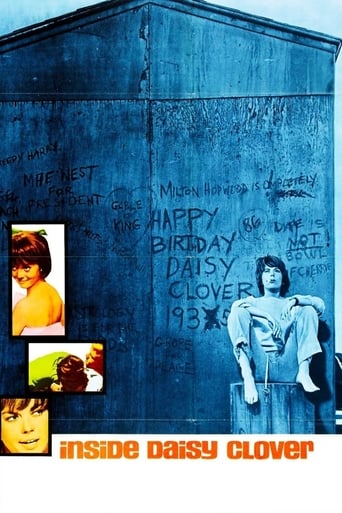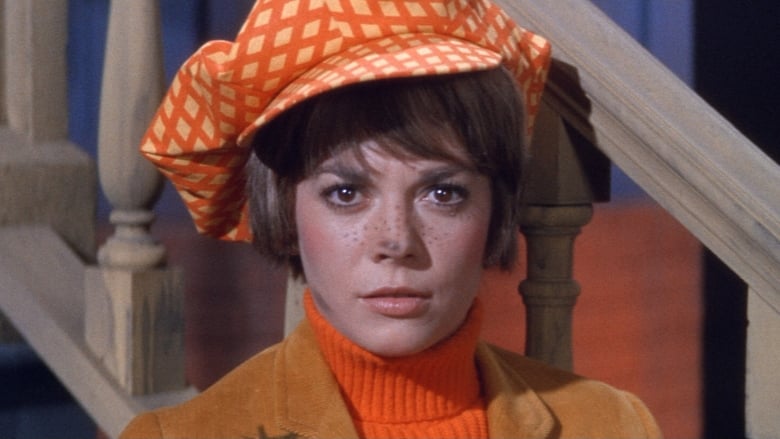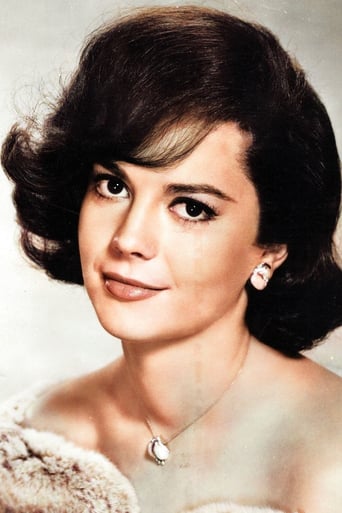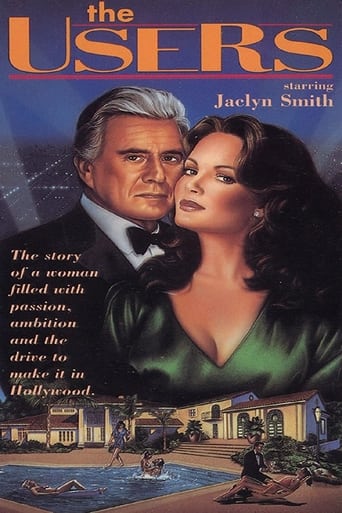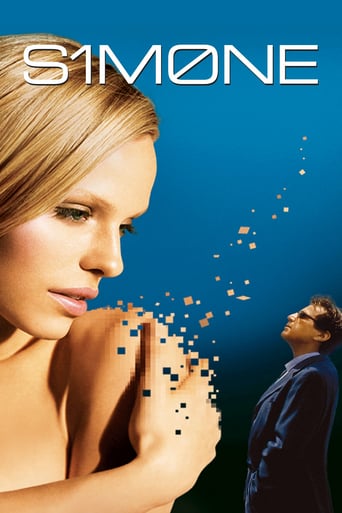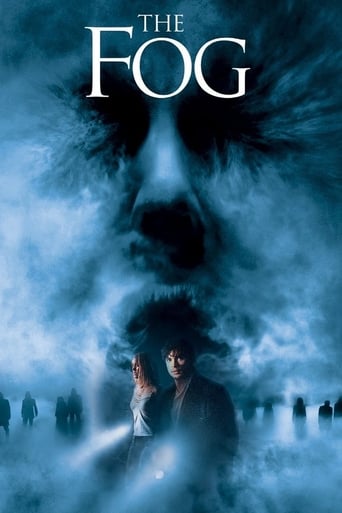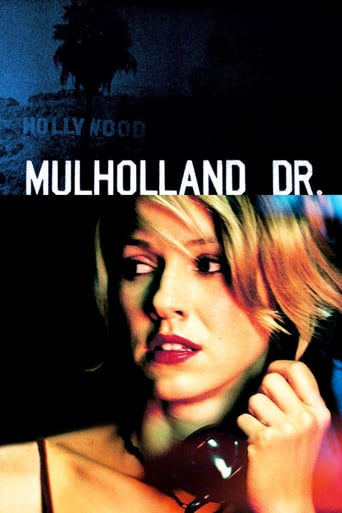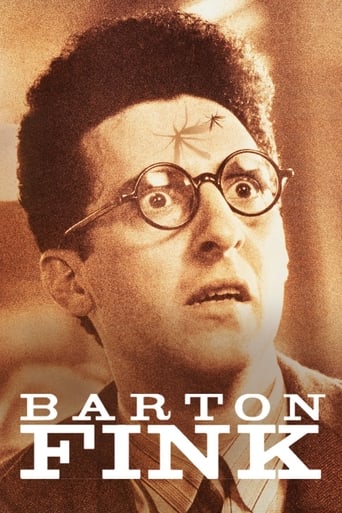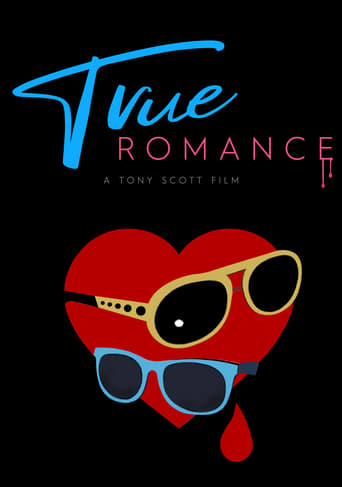Inside Daisy Clover (1965)
A girl on the road to stardom fights the dehumanizing effects of Hollywood life.
Watch Trailer
Cast


Similar titles
Reviews
Good story, Not enough for a whole film
Better Late Then Never
I cannot think of one single thing that I would change about this film. The acting is incomparable, the directing deft, and the writing poignantly brilliant.
A terrific literary drama and character piece that shows how the process of creating art can be seen differently by those doing it and those looking at it from the outside.
A great Hollywood story that unfortunately left me disconcerted by the fact that this is a story that takes place during the 1930s & 40's but Natalie Woods character is dressed and made up like she is in the 1960s. I think this lack of veracity simply throws off the entire film and prevents the story to really move forward. How did this immense detail escape Edith Head and the directors eye? As the story moves on you can see, perhaps the reason behind keeping Woods hair in an ugly short bob (maybe to make her look younger?) she is playing a 17 yr old although Wood was 27. The hair is frosted over by 1960s ugly highlights. Natalie Woods costumes are simply horrendous and the films ending looks way off and zany.
I kept hoping that INSIDE DAISY CLOVER would get over the clumsy opening scenes and turn into an interesting story about Hollywood's past. But nothing about the film even suggests that it's taking place in the 1930s--it's all strictly a product of the '60s. I understand Natalie Wood was unsatisfied with the final product--easy to see why. On paper, it may have looked like a good idea but something went very much amiss.It's phony from start to finish with Natalie Wood pretending to be the awkward ragamuffin whose recording of a single song turns her into a Hollywood superstar who finds out that Tinseltown is really a nightmare for her sensitive "inside." Her singing (dubbed) is so lacking in anything suggesting a studio mogul would want to summon her for an audition, let alone an interview.Christopher Plummer is unbelievably caddish in the kind of role he ought to want to forget more than he does the captain in THE SOUND OF MUSIC. A good thing his career resume shows he survived after appearing in this abysmal mess. I hoped that Ruth Gordon would give some class to the project, but it's strictly a by-the-numbers performance that even she can't breathe any life into. Robert Redford has a meaningless role as the gay man Daisy loves and Roddy McDowall is simply acting pretty much like himself.The script has as much depth as tissue paper. None of the characters are likable or believable enough to sustain the weight of a dreary script. By all means, avoid this one if you can.
This is exactly the type of film that could never be made today. The artistic freedom on display here is breathtaking and achingly nostalgic. No Hollywood cookie-cutter, it crosses genres faster than multiplex ticket-crasher going from beatnik to "A Star is Born' to "Sunset Blvd." to "All That Jazz" to "I Could Go on Singing" -- and somehow it works! Natalie Wood plays teenager Daisy Clover who sends a 45 vinyl record (it's the '30s) to Swan Studios and soon becomes America's "Little Miss Valentine." And she pulls it off, even though we saw her at the same age 10 years earlier in "Rebel Without a Cause." For aspiring writers and directors -- and for working ones -- I challenge you to find a film where the absence of dialogue is used with more effectiveness, in this case, underrated Natalie Wood saying nothing as her world whirls aorund her with dizzying speed, romanced by Wade Lewis (Robert Redford), mentored by Raymond Swan (Christopher Plummer), befriended by Mrs. Swan (Katherine Bard in a transcendent performance). These were the days when the paparazzi were literally owned by the studios. FYI Angel Beach is Santa Monica beach and you'll recognize the pier and the most filmed merry-go-round in history. I was fascinated how, in 1965, so many taboo subjects got through the ratings board. Worth it just to see one of the greatest screen marriage proposals ever.
Natalie Wood is fifteen year old Daisy Clover, a feisty kid who lives in a shack with her dotty mother, Ruth Gordon, in 1936 Los Angeles. She comes to the attention of Christopher Plummer, owner of Swan Studios, who smooths the rough edges off her cygnet image, dresses her as Alice in Wonderland, and puts her in "major motion pictures" as "America's New Valentine." It's what Wood has always wanted -- fame, money enough to lift her mother out of poverty, and, mostly, self actualization. It's all expressed in the theme song we hear her sing -- "You're Gonna Hear From Me." An ambitious movie, it has some sizzling moments but they're constantly undercut by some incredibly unimaginative elements. Let me get them out of the way first.That theme song. "You're Gonna Hear From Me." It's not badly constructed, it's appropriate to the story of Wood's rise to fame, her thumos, as the Greeks would have called it. But it's one hundred percent generic. It belongs in the same category as "Tomorrow" and "I've Gotta Be Me" and "The Impossible Dream." Worse, the orchestration, by Albert Woodbury, is thoroughly modern in its instrumentation and harmonies. I presume the motives were commercial. "You're Gonna Buy This Record." You get to hear it in all its prodigiousness three times. And the narrative itself is rather like a soap opera. Wood is betrayed at every turn. The charming, extremely handsome, poetry-quoting Robert Redford first seduces her, then is forced by circumstances to marry her, then deserts her -- REALLY "deserts" her, leaving her alone, without transportation, in a shabby motel in the middle of Arizona -- for a male lover.She turns to Plummer, studio owner, who offers her understanding and comfort -- then he begins schtupping her too.Tragedy upon tragedy. Her beloved mother dies. Wood goes into a mute depression, delaying the picture she's making, until Plummer's patience runs out and he begins slapping her face while she mourns. By this time, the viewer aches more intensely than Wood herself for her luck to turn.We don't get to see much movie making, only one scene of Wood doing a musical number about a circus, and it there is a complete absence of any sense of realism. According to the movie, the complicated scene involves singing and dancing and it's all shot in one take. In the middle of it, Wood walks up to a mirror and looks into it, and the director, Robert Mulligan, commits the stupidest move any director can be guilty of. Wood peers into the mirror but instead of looking at her own face, as she should, she's gazing obliquely into the glass and looks directly at the camera lens behind her. Isn't there SOMEBODY who's job it is to see that the audience isn't hit over the head with such a clumsy device that can only serve to undercut the suspension of disbelief? I mean, when is the last time you saw your face in a mirror by looking at the reflection from an angle of 45 degrees? But there is some good stuff too. First, Natalie Wood gives what is probably her finest performance. She was never a Great Actress, but she shows more skill here than in anything else she's done, probably with help from Mulligan. She is into her cynical and determined character, but she's vulnerable too. She's no cutie pie here. And watch her face as Plummer introduces her to her audience and accompanies her down a long staircase. Half a dozen emotions -- happiness, satisfaction, fear -- all flit across her features second by second, colors across a frenzied chameleon. A marvelous scene.And, here and there, Mulligan challenges the conventions of the genre, of films in general. Wood's breakdown during a looping session is well done. And there is a long scene in which Plummer explains Redford's treacherous character to a devastated Wood. She's been awake all night and is lying on a lounge next to the pool. Plummer's performance is a tour de force. And Mulligan shoots him from behind Wood's reclining figure. Her head is propped on her hand. She never utters a word. And not ONCE does Mulligan cut to a reaction shot. Through the entire scene we see nothing but her tousled hair. It take self confidence to do something like that, and it takes guts.The skill and the buffoonery just about cancel each other out and what we're left with is a formulaic story of someone's rise to the top, the disillusionment that follows, and a couple of magnificent performances and well-stage and edited scenes.

